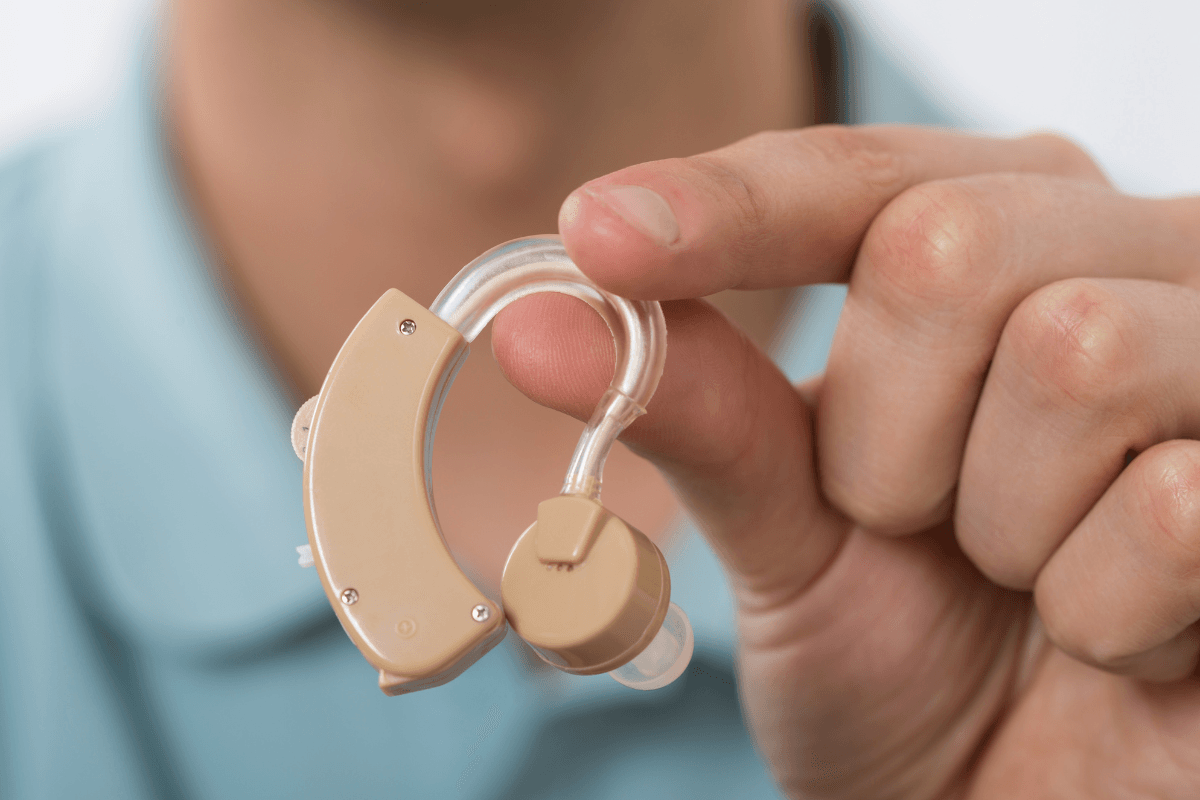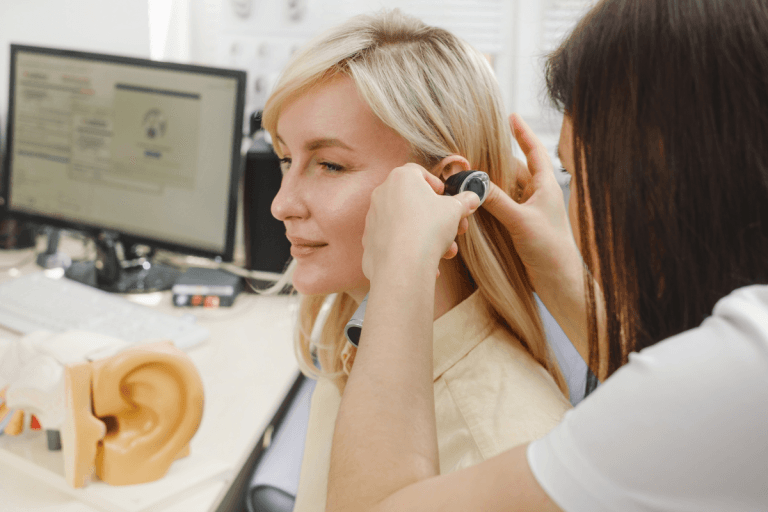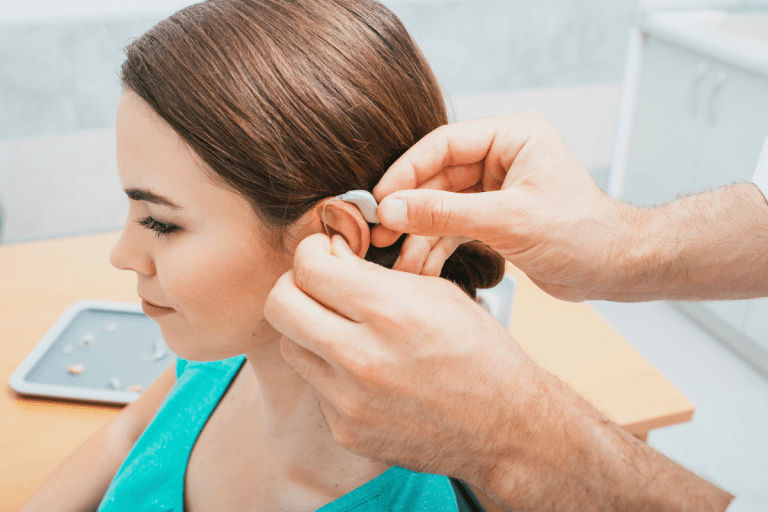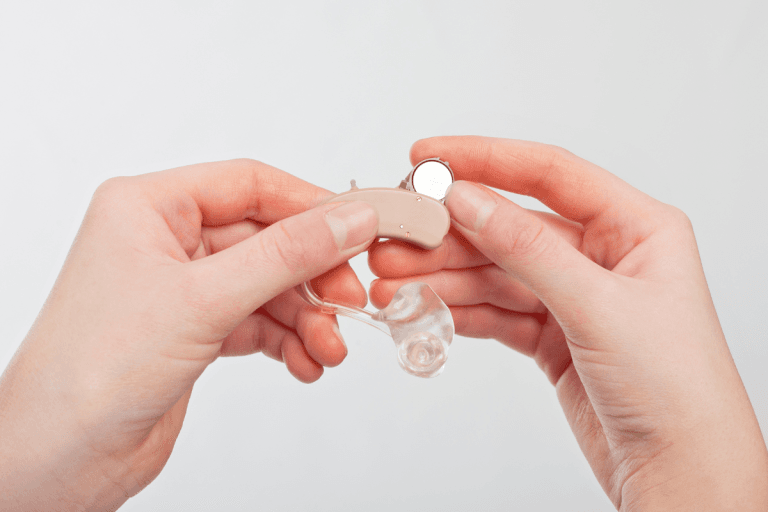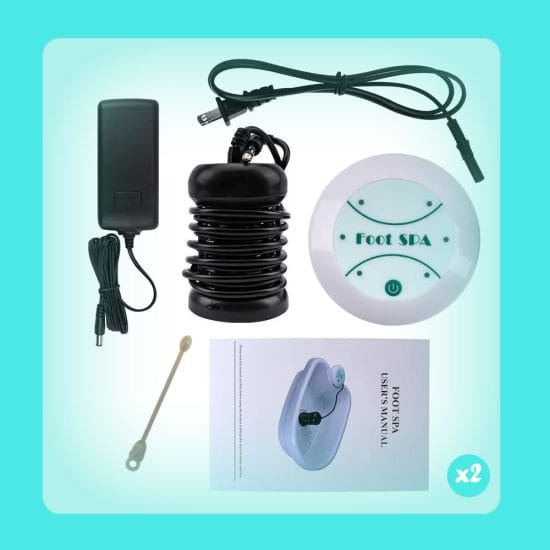How Long Do Hearing Aids Last & When to Replace Them
Hearing aids play a crucial role in enhancing the hearing experience for individuals with hearing loss. However, like all devices, they have a limited lifespan. Understanding how long hearing aids typically last and recognizing the signs that indicate it’s time for a replacement can help ensure you continue to receive the best hearing experience possible.
Average Lifespan of Hearing Aids
The average lifespan of a hearing aid ranges from 3 to 7 years, depending on various factors such as the quality of the device, how well it is maintained, and how frequently it is used. High-quality hearing aids that are well cared for can last closer to the 7-year mark, while more affordable models may need replacing sooner.
Factors Affecting Hearing Aid Lifespan
- Quality of the Device:
Higher-end hearing aids tend to have longer lifespans due to advanced technology and durable materials used in their construction. On the other hand, budget-friendly hearing aids may have a shorter lifespan but are still effective for a few years. - Usage Patterns:
If you wear your hearing aids daily and use them in various environments (e.g., noisy spaces, humid conditions), they may experience more wear and tear, affecting their longevity. - Maintenance:
Regular cleaning, proper storage, and battery maintenance can all contribute to prolonging the lifespan of hearing aids. Failing to properly care for the device may cause damage or malfunction over time. - Technological Advancements:
Even if a hearing aid is still functioning well, technological advancements can make older models outdated. Newer hearing aids may offer improved sound quality, better connectivity, and advanced features that older models cannot match.
Signs That It’s Time to Replace Your Hearing Aids
While hearing aids are durable, there are several signs that indicate it may be time for a replacement:
- Decreased Sound Quality:
If the sound quality of your hearing aids has significantly diminished or if you’re experiencing frequent feedback or distortion, it may be a sign that the device is malfunctioning and needs replacement. - Frequent Repairs:
If you find yourself taking your hearing aids to the repair shop more often, it could be a sign that they are nearing the end of their lifespan. Constant repairs are not only inconvenient but can also become expensive. - Difficulty Hearing in Various Settings:
If you notice that your hearing aids are no longer providing the same level of amplification or clarity in different environments, it could be a sign that they are no longer performing optimally and need to be replaced. - Physical Wear and Tear:
Visible damage such as cracks in the casing, worn-out ear molds, or frayed wires can all indicate that your hearing aids are no longer functioning as they should. In some cases, minor repairs can help, but if the damage is extensive, replacement may be necessary. - Age of the Device:
As hearing aids age, they become less effective, even if they haven’t been physically damaged. If your hearing aids are approaching the 5 to 7-year mark and you’re noticing a decline in performance, it might be time to consider upgrading.
How to Extend the Life of Your Hearing Aids
Proper care can help maximize the lifespan of your hearing aids. Here are some tips to extend their life:
- Clean your hearing aids regularly to remove dirt, wax, and moisture.
- Store them in a dry place when not in use, such as a hearing aid drying box.
- Change batteries regularly or charge your rechargeable hearing aids as needed.
- Check for any physical damage and get them repaired promptly if needed.

